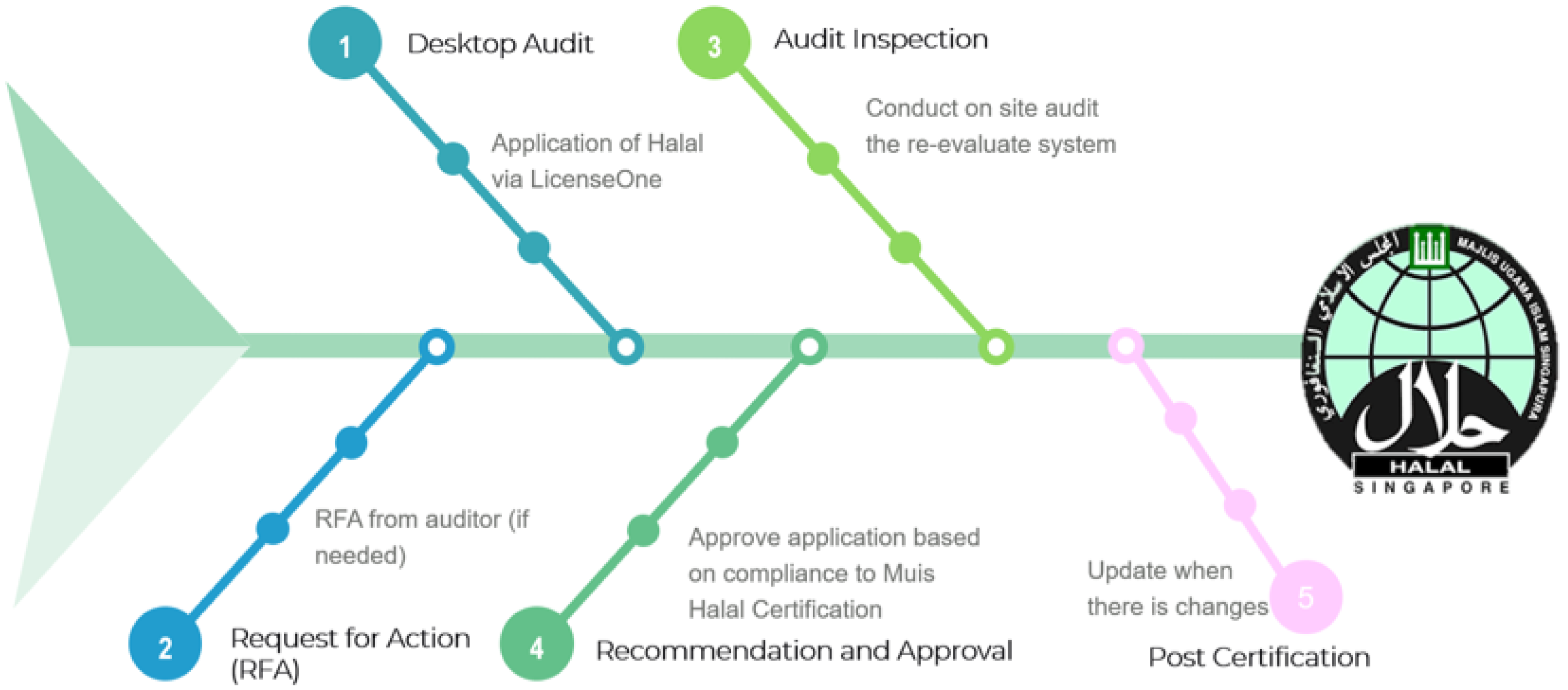Halal Certification
Halal Certification
(Halal)
According to Islamic Shariah Laws, only Halal certified products can be used and consumed by Muslims. Halal term is applicable for food products, meat products cosmetics, food ingredients and food contact materials as well as pharmaceutical products. Halal certified products do not contain products and by-products of swine/pork, animals which are not properly slaughtered, alcoholic drinks and intoxicants, carnivorous animals and raptors, blood and its by products, food containing gelatin, enzymes, emulsifiers, and flavors.
What is HALAL certification?
Singapore MUIS Halal Quality Management System (HalMQ) is a system-based and proactive approach towards achieve Halal Certification. Halal Certificate gives assurance that the products are thoroughly checked in accordance with the Islamic Shariah Laws by the concerned board. It is necessary for the producers to ensure their products sell/export are Halal certified with Halal seal to be accept and buy by Halal consumers/buyers.
Why is Halal certification important?
Organization with Halal certificate can sell/publish their halal products in the market easily. This is because Halal consumer accept only the products only if it is Halal certified. With HalMQ, it enhances the Halal compliance of organization as a more structured and systematic approach has been implemented, which further increase the credibility of Singapore Halal certification.
HalMQ Certification Process

What does an ISO consultant do?
Our consultants team have vast experience partnering with organizations of all sizes and from all sectors and can provide the resources you need for successful Halal certification. To achieve HalMQ Certification in your company, our Consultants consider your specific requirements and perspectives and guide your through the process with following these steps:
Step 1:
Site visit to understand your business operation and product/nature of business.
Step 2:
Site consultation and preparation of documents to ensure compliance with 10 Principles of HalMQ.
Step 3:
Identify Halal threats and control measures.
Step 4:
Determine Halal Assurance Points (HAPs), allowable limits and prescribed practices.
Step 5:
Advise on monitoring system for each HAP.
Step 6:
Establish corrective actions for each HAP system for continual improvement as well as ensure product/services safety.
Step 7:
Support individual departments on their documentation and record keeping system.
Step 8:
Conduct pre-certification audit to verify readiness of your organization for Certification.
Step 9:
Conduct review on the Halal system to ensure suitability of the Halal system.
Step 10:
Support during certification and post-certification to close-up any audit findings to ensure smooth and successful certification.
We know the importance of understanding the context of your business to ensure the consultancy sessions are efficient and optimized. Our appointed consultants will have the required and relevant experience to support your business needs.



